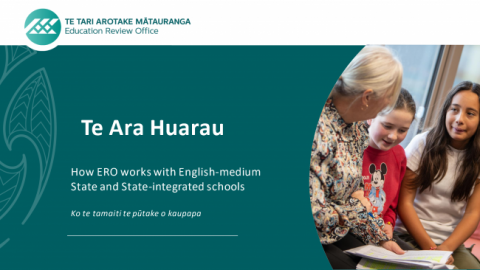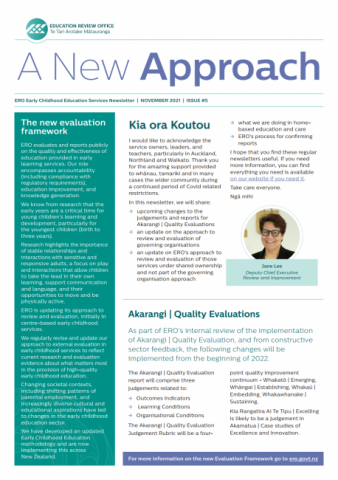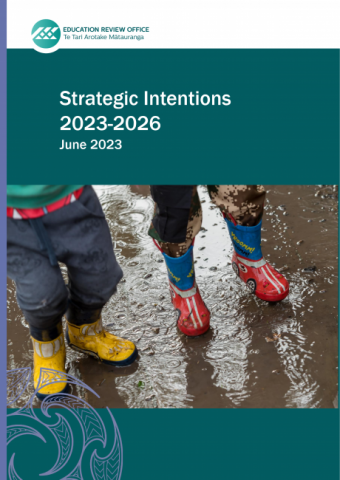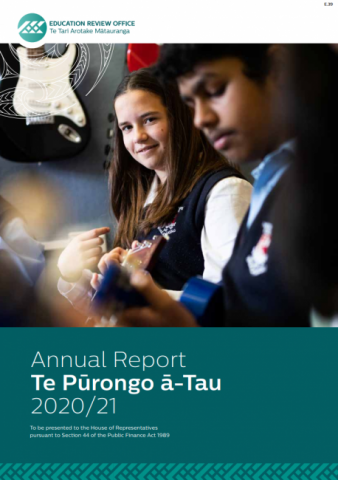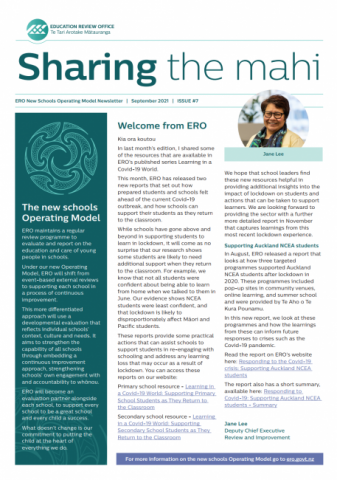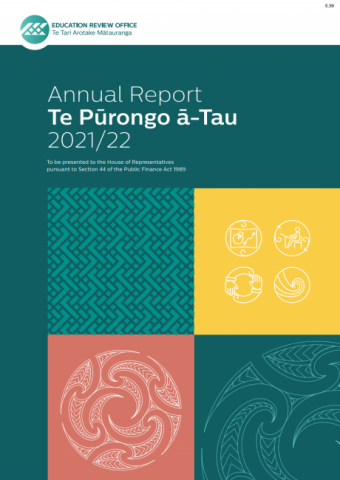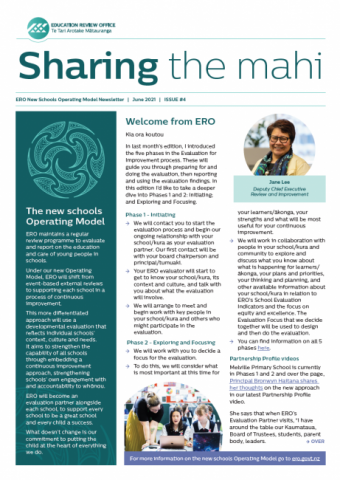Te Ara Huarau: a new approach for school evaluations: Slide Pack Presentation
Published: 15 Apr 2021
Slides that can be used in presenting information about Te Ara Huarau. It covers what has informed this new approach, principles and values, what will the approach look like and what happens next.
- Audience:
- Education
- Schools
- Content type:
- Basic page
